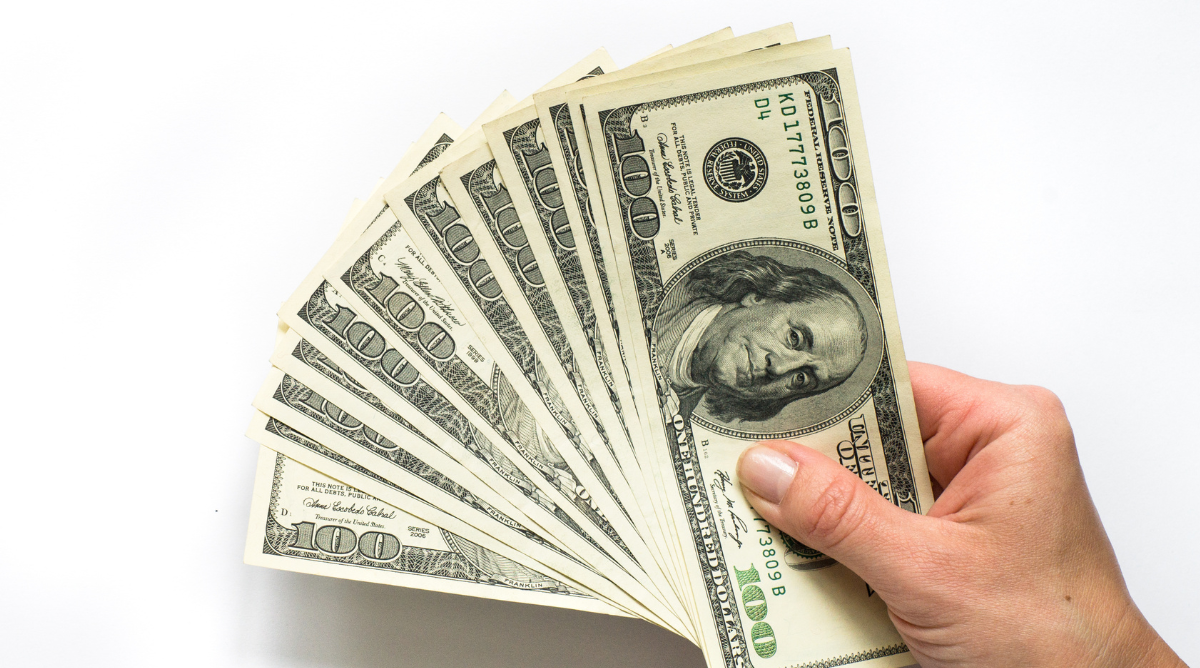How to Protect your Finances ahead of a Recession

- Posted on May 06, 2022
If you’re worried about America heading into a recession this year, you’re not alone. Around 51% of business executives say the U.S. economy is either already in recession or will be in early 2023, according to the fourth-quarter AICPA & CIMA Economic Outlook Survey. As costs continue to rise and job opportunities become more scarce, it’s important to take the necessary steps to protect your assets and maintain financial security.
What is a recession?
Many of us are familiar with the term but may not know exactly what it means. A recession is defined as a period of significant decline in economic activity, spread across several months or years. During this period, the country’s gross domestic product (GDP), or the value of its goods and services, drops. Consumers spend less, companies make fewer sales, and businesses cut back on investments—which may force organizations to slow or stall hiring and lay off some of their staff. Recessions are an unavoidable part of any economy, but you can weather the storm by anticipating its challenges and preparing accordingly.
Here are some strategies to prepare your finances for a recession.
Diversify your income
A diversified income means you draw earnings from two or more sources. These earnings can come from one or more employments, investments, or owning a small business on the side. This can protect you against the loss of a sole job, which is especially important during a period of economic downturn and uncertainty. Whether it’s investing in a diversified portfolio, creating a web-based business, offering tutoring services or selling handmade goods, having multiple streams of revenue relieves financial stress in times of economic uncertainty.
Establish an emergency fund
One of the best ways to prepare for a recession is by having an emergency fund. These savings should serve as a reserve of accessible cash in times of financial trouble. Although it may seem daunting in the beginning, give yourself time to build your fund and don’t get discouraged. Start with small, consistent sums every week or month—you could even automate your savings to make the entire process easier. As a general rule of thumb, it’s recommended to have about 3-6 months’ worth of expenses saved in your emergency fund.
Live within your means
Living within your means doesn’t have to mean penny-pinching and depriving yourself of fun activities. Rather, it’s about making sure you spend more consciously and doing your best to spend less money than you make. You can start by tracking your living expenses—it may surprise you to see how much you spend on certain categories. After this review, try to find nonessential payments to eliminate. Are you still paying for any subscriptions you no longer use? What other bills can you decrease? There are often small expenses that can be decreased or eliminated without overly affecting your lifestyle.
Maintain a good credit score
A recession may force people to apply for loans to keep up with their monthly payments. And when credit markets tighten during a recession, those with excellent credit will be the ones getting approved for mortgages, credit cards, and other types of loans. To prepare your credit for a recession, it’s important to pay your bills on time, pay down your debts, and dispute any inaccuracies on your credit report.
Invest in yourself
One of the best ways to improve your financial status is by investing in yourself. Whether it’s through a paid course, free online videos or learning through books, gaining additional knowledge and skills will broaden your resume and can lead to a better job.
Need financial advice?
Check out our previous blog post on 5 Easy Financial Resolutions You Can Keep in 2023. In addition, if you need personalized financial advice, our team is always here to help—contact us today to book an appointment!



